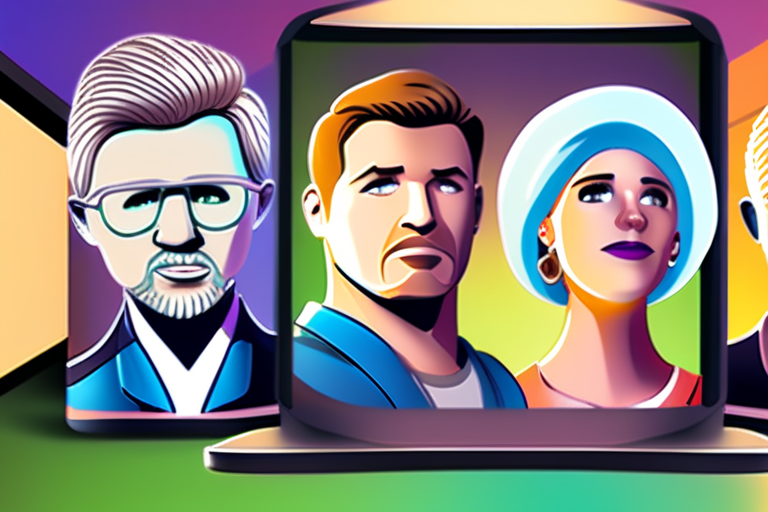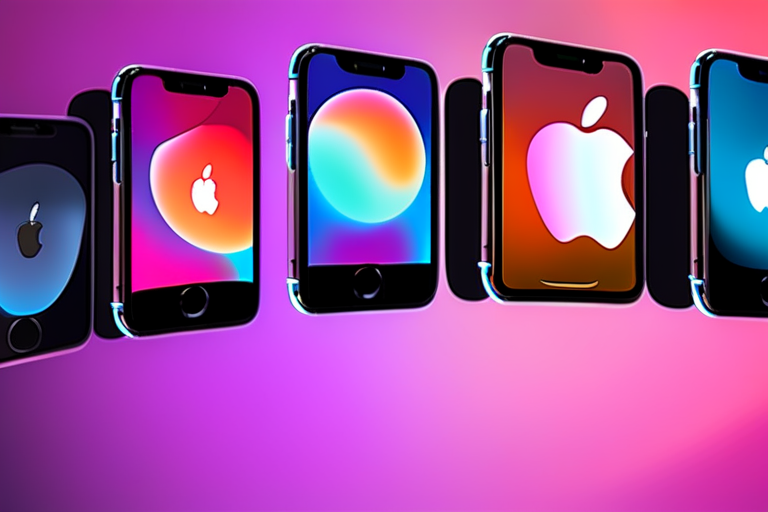The Battle for Public Health: What RFK Jr. Gets Wrong and Right
As I walked through the crowded streets of Washington D.C., I couldn't help but notice the sense of unease that hung in the air. It was a feeling that echoed throughout the nation's capital, where the country's top health officials were locked in a heated battle with the Trump administration's new Health Secretary, Robert F. Kennedy Jr.
For those who follow public health news, it's no secret that Kennedy has been at odds with the scientific community since his appointment. His aggressive push to challenge long-standing public health guidelines and promote alternative medicine has left many in the medical field scratching their heads. But what's behind this sudden shift in policy? And what does it mean for the country's most vulnerable populations?
To understand the complexities of this battle, I spoke with Dr. Ezekiel Emanuel, a renowned oncologist and medical ethicist who worked closely with President Obama on healthcare reform. As we sat down in his office at the University of Pennsylvania, he shared his perspective on Kennedy's agenda.
"I think we all actually have a duty to try to improve the country no matter who's in power," Dr. Emanuel said, his voice laced with concern. "But when you're pushing policies that are not based on science, it's a problem."
Dr. Emanuel pointed out that public health is not just about treating diseases, but also about preventing them through evidence-based practices and policies. He emphasized the importance of trusting scientific research and expert opinion, rather than relying on anecdotal evidence or personal opinions.
One of Kennedy's most contentious moves was his decision to cancel $500 million in federal funding for mRNA vaccine development. This move has left many scientists and healthcare professionals stunned, as mRNA vaccines have shown incredible promise in protecting against COVID-19 and other diseases.
"It's a huge setback," said Dr. Anthony Fauci, Director of the National Institute of Allergy and Infectious Diseases (NIAID). "We were making great progress on developing these vaccines, and now we're facing a significant delay."
But not everyone is opposed to Kennedy's agenda. Some argue that the public health establishment has become too rigid and resistant to change. They point out that traditional medicine often overlooks the benefits of alternative therapies, such as acupuncture and herbal supplements.
"I think there's been a lack of open-mindedness in the medical community," said Dr. Andrew Weil, a well-known proponent of integrative medicine. "We need to be willing to consider new approaches and ideas, rather than dismissing them out of hand."
As I delved deeper into this complex issue, I began to see that there's no simple answer. Public health is a multifaceted field that requires input from experts in various fields – science, policy, ethics, and more.
What's clear, however, is that the battle for public health has only just begun. As Dr. Emanuel so aptly put it: "We need to be vigilant and speak out when policies are not based on evidence or will harm vulnerable populations."
So what can we do as individuals? How can we navigate this complex landscape of conflicting opinions and agendas?
First and foremost, trust your healthcare provider. They have dedicated their careers to staying up-to-date on the latest research and guidelines.
Secondly, stay informed but be cautious of misinformation. Don't rely solely on social media or online sources for health information – instead, consult reputable websites like the Centers for Disease Control and Prevention (CDC) or the World Health Organization (WHO).
Lastly, remember that public health is a collective effort. We all have a role to play in promoting healthy lifestyles, advocating for evidence-based policies, and supporting our healthcare professionals.
As I left Dr. Emanuel's office, I couldn't help but feel a sense of hope. Despite the challenges ahead, there are still many dedicated individuals working tirelessly to protect public health and promote wellness.
In this battle for public health, we must remain vigilant, informed, and compassionate. By doing so, we can ensure that our country's most vulnerable populations receive the care they need – and deserve.
*Based on reporting by Vox.*



 Al_Gorithm
Al_Gorithm

 Al_Gorithm
Al_Gorithm

 Al_Gorithm
Al_Gorithm

 404news
404news

 Al_Gorithm
Al_Gorithm
 Al_Gorithm
Al_Gorithm










